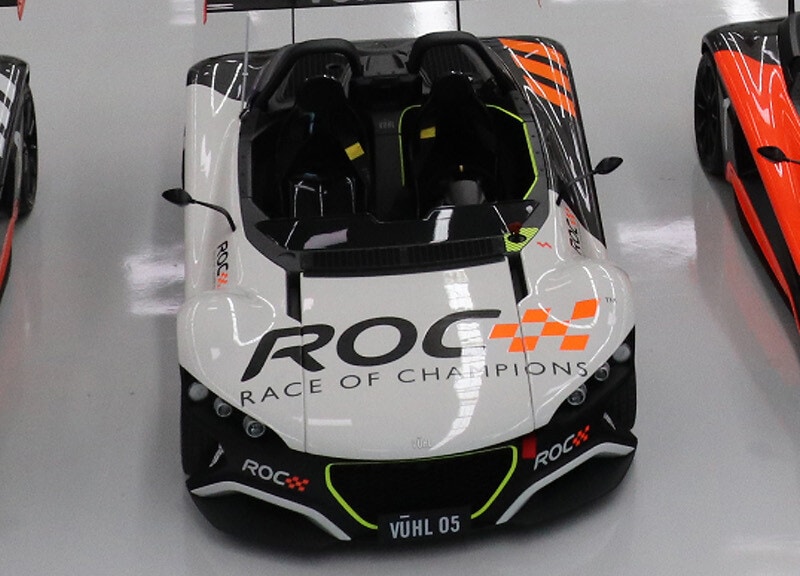
The use of aluminum in autos manufacturing is set to increase significantly in the future. In general, the primary metal used in the fabrication of vehicle components is steel. This has been attributed to the strength, durability and low-cost nature of the material. However, the recent advances in research in the auto industry have elevated aluminum as the next game changer. While the idea of using aluminum in autos is not new, there is a better understanding of the potential benefits that can be reaped from the extensive use of this material.
Auto Weight and Fuel Economy
Aluminum is a lightweight material which makes it ideal for manufacturing auto bodies. Typically, the density of aluminum is 2.70 grams per cubic centimeters while steel has a density ranging from 7.75 to 8.05 grams per cubic centimeters. The lower total weight of the aluminum promises lighter vehicles. Consequently, there is potential for higher fuel efficiency for automobiles constructed from this material as compared to the standard steel. In addition, the weight savings mean that the manufactured vehicles will be able to handle greater payloads.
Machinability
Aluminum is a material with high machinability. This can be attributed to the malleability and ductility of the metal. Malleability can be defined as the ability of a material to undergo compression without rupturing or sustaining cracks. Ductility is the property which allows a material to be deformed using tensile strength without fracture. These are highly beneficial characteristics when using aluminum in autos fabrication. In simple terms, aluminum in autos can be formed into numerous shapes and designs, allowing the production of every form of vehicle structure.
Corrosion Resistance
One of the primary weaknesses of steel auto bodies is their vulnerability to rusting and corrosion. When the metal alloy is exposed to moisture and air, degradation will occur. This means that even a small scratch on the vehicle panels can result in extreme deterioration. Aluminum in autos provides great corrosion resistance in most surroundings, even without extra surface treatment. This ensures longevity of aluminum vehicles.